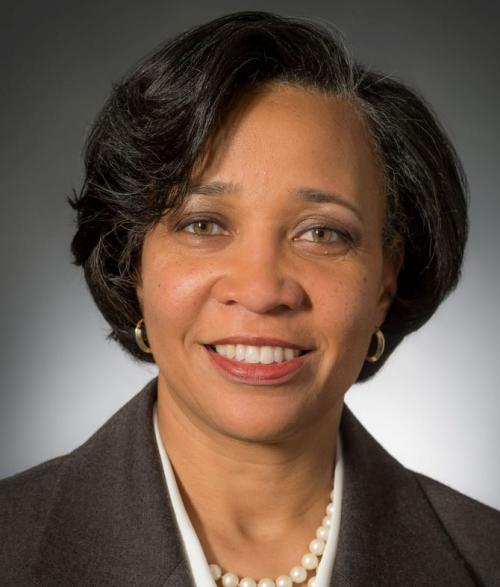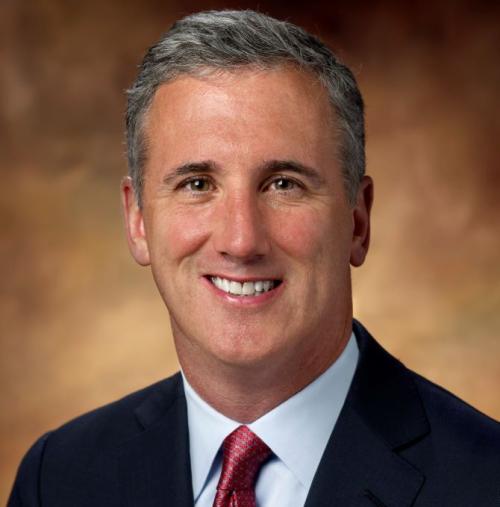Commission’s plan makes Senate bill to repeal Dodd-Frank pay ratio provision unlikely
After three years of nerve-wracking say-on-pay votes, corporate exasperation over disclosures of executive compensation is about to intensify. This week the US Securities and Exchange Commission said it plans to issue a rule that would require public companies to disclose how much their chief executives are paid relative to average workers.
At a Senate Banking Committee hearing held on July 30, SEC Commissioner Mary Jo White said she hopes to complete the rule in the next month or two. Mandated under the Dodd-Frank Wall Street Reform and Consumer Protection Act in 2010, the pay ratio is one of four key provisions in the Act for which the SEC missed an earlier deadline of December 31, 2011, for finalizing rules.
Robin Ferracone, founder and CEO of Farient Advisors, an executive pay consulting firm, believes the only purpose the imminent rule serves would be a political one.
‘There is a view that there’s social injustice going on between executive compensation and worker compensation and this [rule would] serve to highlight that,’ she says. But investors care more about how well the companies they own perform for shareholders, she adds.
She doesn’t believe knowing the disparity between executive pay and median worker compensation would be useful in helping investors determine whether a company is a good investment or not.
First, Ferracone believes the ratio would be difficult for investors to interpret. ‘Investors like to compare one company to another and this ratio will be very hard to compare across companies,’ she says.
Where a company is domiciled, what parts of its operations are outsourced versus kept in-house and how the business is structured would affect how its pay ratio comes out, making it hard to draw comparisons between companies. Second, talent markets don’t move in lockstep with one another, so rates of change in salaries for workers at varying skill levels will differ, making trend analysis difficult, she points out.
‘Income equality [advocates] want to know about it, but I’m not sure it serves any valid corporate purpose because the CEO labor market is very different from the employee labor market,’ agrees Ira Kay, managing partner at Pay Governance, which provides independent advice on executive pay to boards.
Large global companies are particularly worried about pay ratio disclosure because of how misleading they believe it will be and how difficult to administer, says Kay. ‘If you have 10,000 employees in China, how do you even do the calculation… and is it a fair measure of the labor market?’ he wonders. ‘It’s really unfair to compare that with [the ratio of] companies that only have US operations.’
The most compelling argument for the pay ratio, says Kay, is that if it’s very high – 30 to 1 rather than 20 to 1 – it demoralizes employees who think it’s unfair and would hurt productivity and profitability. But that hasn’t been proved, he adds. ‘My experience is people like working at companies with a highly paid CEO because they’re performing well and there’s more opportunity for them to be paid very competitively.’
The SEC’s embracing of the rule and announcing plans to finalize it soon also makes it less feasible politically that a bill advanced in June by the House Financial Services Committee to repeal the pay ratio provision will go anywhere, agree Ferracone and Kay.
Ferracone is surprised the SEC is prioritizing the pay ratio rule ahead of other Dodd-Frank provisions that touch investors more directly. Based on discussions with investors about the need to better align executive pay with company performance, ‘we think the SEC would want to focus more on the pay for performance disclosure aspect of the Dodd-Frank Act,’ she says.
She believes there will be a great deal of interest and debate about the rule over the next month and probably beyond that as the public comment period kicks in once the SEC issues the final rule.








